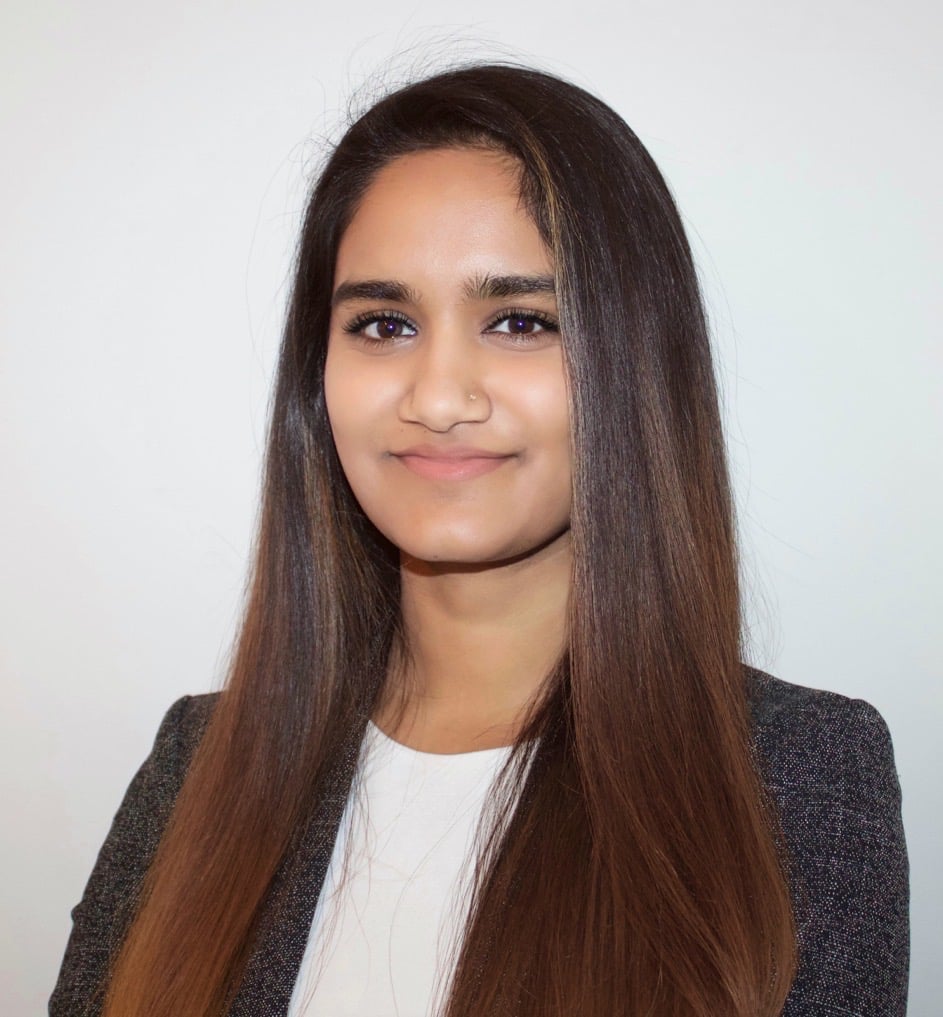Congratulations - you’ve been selected for a medical school interview! The school already thinks you’re qualified because of your GPA, MCAT, extracurriculars, and essays. Now, it’s time to prove that your personality meshes well with that school.
I was fortunate enough to attend 12 MD interviews and picked up on a few tips that I believe led to my overall successful application cycle:
1. Appearance matters.
Make sure your camera is at eye-level. I stacked a few textbooks on my desk and rested my computer on top to make sure I wasn’t looking down on the camera. This also makes it easier to make eye contact with the camera which is very important to make your interviewer feel like they are having a genuine conversation with you. Ensure that your background is neutral. Do not have pictures or intricate decorations in the background or it will be very distracting. I interviewed a guy who had a dog in the frame and, I kid you not, I was watching the dog the whole time. Make sure you also have natural lighting in front of you. You can also add two other sources of light coming from the 2 o’clock and 7 o’clock positions to cancel any shadows. I used a ring light in addition to natural light and it worked very well. In terms of clothing, I wore a comfortable cream colored turtleneck with a dark grey colored blazer on top. Given the virtual nature of the interview, I wore sweatpants on the bottom which I believe allowed me to feel more relaxed during the interview day, but to each their own. Be careful not to wear too much makeup. I would avoid extravagant eyeliner, eyeshadow, and blush. I used a minimal amount of concealer and powder foundation to cover any blemishes or discoloration just for my own confidence and professional appearance. I slicked my hair back into a half ponytail and made sure to use hairspray to tame my baby hairs because my stray black hairs were very obvious against the white background. Overall, I made sure to convey a clean and professional appearance while maintaining an appropriate amount of eye-contact with the camera.
2. Practice, practice, practice.
I was lucky enough to have multiple friends who applied to medical school at the same time as me so we all mock interviewed each other. This not only allowed me to practice my own answers, but also let me learn tactics from my peers. If practicing with friends is not your thing or you want extra practice like I did, you can also videotape yourself. I know: it’s so uncomfortable to watch yourself talk. But trust the process! Recording my interviews allowed me to flesh out my thoughts, and watching them forced me to find flaws in my execution and correct them. Careful: practice too much, and your answers may sound rehearsed.
3. Make an interview “cheat sheet.”
I jotted down brief answers to common interview questions and a bullet point list of my key activities available in case I had a brain fart during the interview or wanted to remember to bring something up. You may not be able to actually use the cheat sheet, but the act of making it may help you remember certain anecdotes or activities during the interview.
4. Do your research on the school and have good questions prepared.
Nothing is more of a turnoff than feeling like an applicant didn’t do any research on the position. And this applies to medical schools too! You want them to feel like they are your absolute dream school so they believe that you would choose them too. Remember that they are not just choosing applicants who are qualified, they are choosing people they believe would want to attend and do well at the school.
5. Interviewers are human.
It seems silly to even say this, but it’s very common to view the entire experience almost as a verbal test. Remember that the interviewer is a person with hobbies, a family, and a whole consciousness. Connect with them beyond medicine. I actually looked one of my interviewers up before my interview and casually brought up a mutual interest. I saw that he was part of a chamber orchestra so I spoke about my experiences playing the violin and we ended up connecting instantly. Creating this bond beyond medicine allows the interviewer to see you past your resume and start to recognize you as a person they trust.
6. Have your anecdotes ready.
As early as freshman year at Cornell, I began my anecdotes list for the medical school application cycle. I wrote down meaningful experiences, including patient encounters, workplace dilemmas, and my overall self-reflective journey as a premedical student. This made it easy for me to fully flesh out my past experiences to create concrete anecdotes with details that positively depict me as a person and ended each with my key takeaways. I believe that these curated stories not only give the interviewers a glimpse into your past experiences, but also show them that you are an introspective and self-reflective person, and reflection is key in medicine.
7. Send that thank you email.
And make sure that it’s a meaningful one. I made sure to always include something we talked about outside of medicine that I felt we bonded through. This not only allowed the interviewer to remember who I was, but also encouraged them to reply. Also, they took the time to interview you amidst their busy schedules so it’s just polite to say thank you!
The most important thing to remember during your interviews is to convey the empathetic, kind, and professional person you are. And try not to dwell on any awkwardness or “bad” answers, because it happens to everyone. They know you are human and you need to remember that they are human. I hope some of these tips helped, and good luck on your interview you rockstar.

Comments